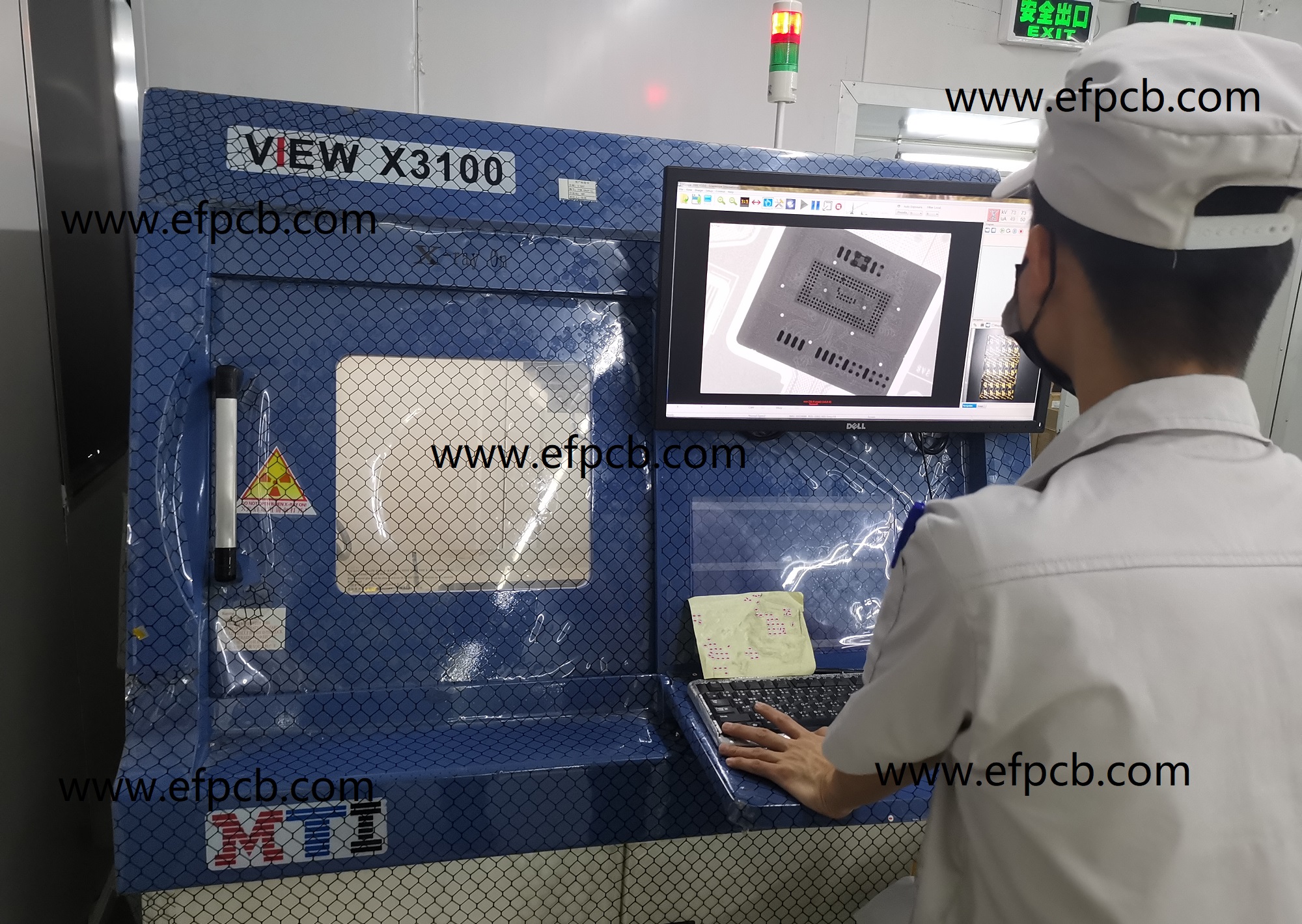Learn About Different Types of PCB Inspection Methods

Keywords: PCB Assembly China, Printed Circuits Assembly
The process of If you want to build or construct circuit boards then the process is basically of a two-stage that consists of fabrication and assembly. There is the creation of a basic bare Printed Circuits Assembly structure during testing and inspecting the overall PCBA, fabrication and assembly consists of attaching the components. The range of possible circuit board test regimens can vary depending on the design and intended application of the board and they even validate the quality of the manufacturing process extensively. PCB inspection methods are essential to board build tasks that are performed for all boards.
PCB testing lets you know regarding the utilization of equipment so that you can completely assess a physical or electrical property or characteristic of the circuit board structure. Characteristic impedance determinations bend radius and peel pressure are examples of PCB that is measured with the help of a time-domain reflectometer (TDR).
The major purpose of inspecting boards is to identify the failure modes. However, you will find some benefits. For example, by doing a consistent inspection you can predict the potential failures. Over time if there is degradation in the quality even if it is within acceptable limits, it indicates that some process adjustment is required. For PCB yield determinations inspections provide accurate data. In an optimal design development checklist, this design validation is a critical part and it should make use of both manual and automated PCB Assembly China inspection methods.
Different Types of PCB Inspection Method
Manual
Manual board inspection is the visual evaluation of a PCBA that is carried out with the naked eye or some other optical equipment. The benefit of this type of inspection is that it helps the technicians or quality control personnel target particular areas of the board or specific components.
Automated
With the help of automating inspection, manufacturing can achieve the fast turnaround times that are needed to reach optimal quality during the development of the prototype. In providing high-level pictures of internal connectivity and vias of the PCBA, the automated process which is referred to as automated optical inspection (AOI), employs image processing and software.
In Printed Circuits Assembly process inspection is an essential element because it checks both quality and validates the level of quality control in the manufacturing process.




